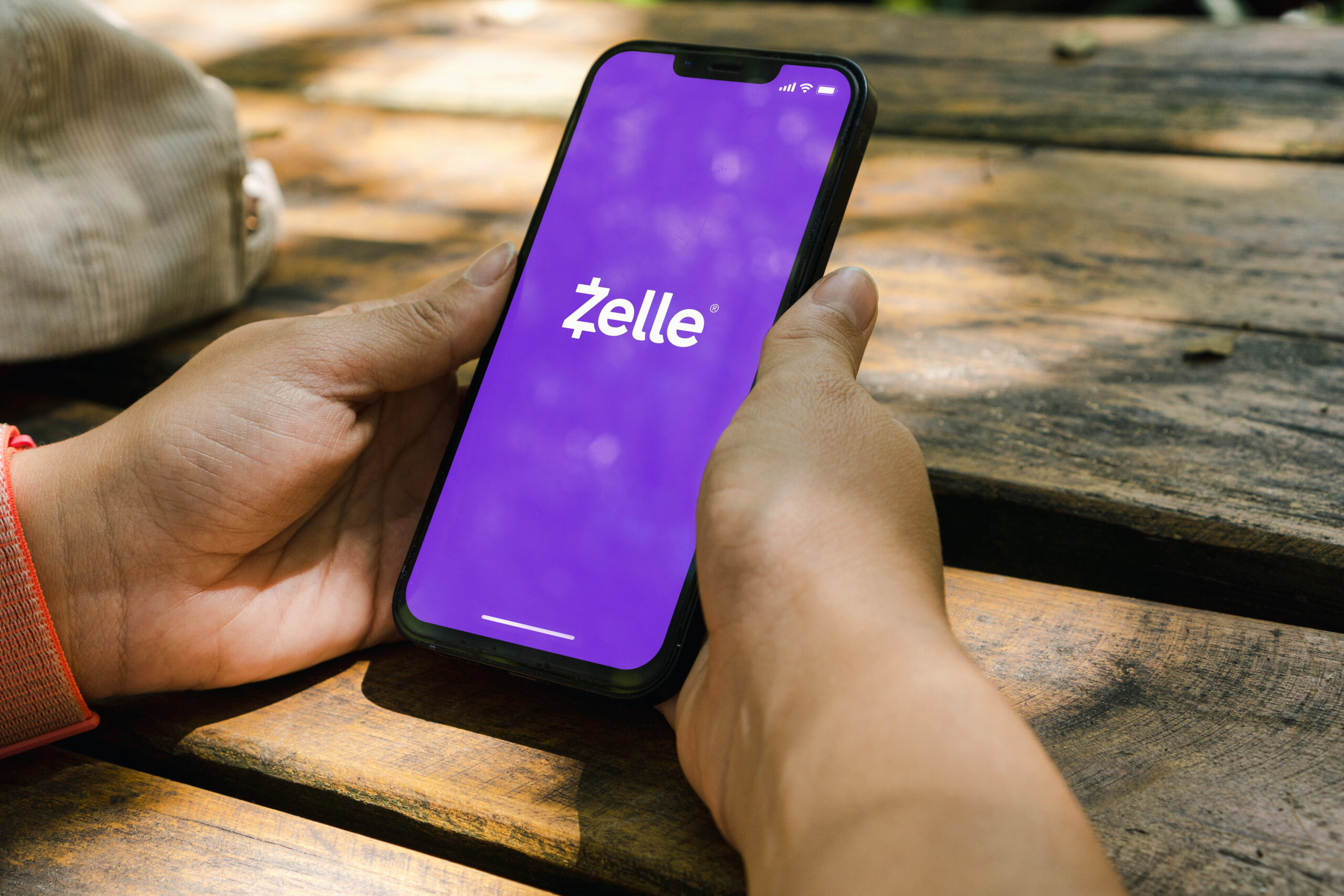In the ever-evolving saga of Ripple Labs versus the United States Securities and Exchange Commission (SEC), the latest development sees the SEC gearing up for an appeal against a landmark court ruling. The dispute centers around the classification of Ripple’s native token, XRP, and whether it should be considered a security under U.S. law. The legal battle, which commenced in December 2020, has seen Ripple achieve a partial victory recently, only for the SEC to signal its intent to challenge the decision further.
The heart of the controversy lies in a July ruling by Judge Analisa Torres of the Southern District of New York, which declared XRP not a security when sold to the general public but left ambiguity regarding its status in past sales to institutional clients. This nuanced decision has prompted the SEC to seek an “interlocutory appeal,” aiming to revisit and potentially overturn the initial ruling. The SEC’s stance hinges on two main issues: the application of the “Howey Test” to XRP’s classification and the legal precedent set by the case. The SEC argues that there is substantial ground for differences of opinion on these matters, indicating a significant rift within legal interpretations.
Ripple, on its end, remains steadfast, buoyed by the partial victory and the support from the broader cryptocurrency community. The outcome of this legal battle is poised to have far-reaching implications not just for Ripple and XRP but for the entire cryptocurrency ecosystem, potentially setting a precedent for how digital assets are classified and regulated in the United States.
The SEC’s persistence in appealing the ruling underscores the agency’s commitment to establishing clear regulatory frameworks for digital assets. SEC Chair Gary Gensler expressed disappointment with the court’s decision regarding retail investors, signaling the agency’s continued scrutiny of the crypto sector. Meanwhile, Ripple’s recent strategic moves, including acquiring a Nevada-based crypto infrastructure startup, demonstrate its ambitions to fortify its position within the regulatory landscape.
As the SEC prepares its appeal, the cryptocurrency community watches closely, understanding that the final verdict could shape the future of digital asset regulation. The case’s complexity and its potential to influence the crypto industry’s regulatory environment make it a pivotal moment in the ongoing debate over cryptocurrency classification and oversight.










Add Comment